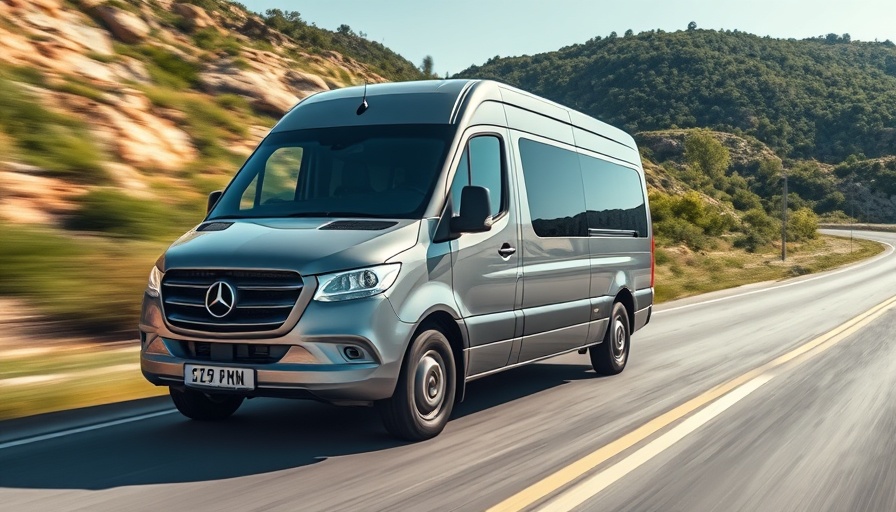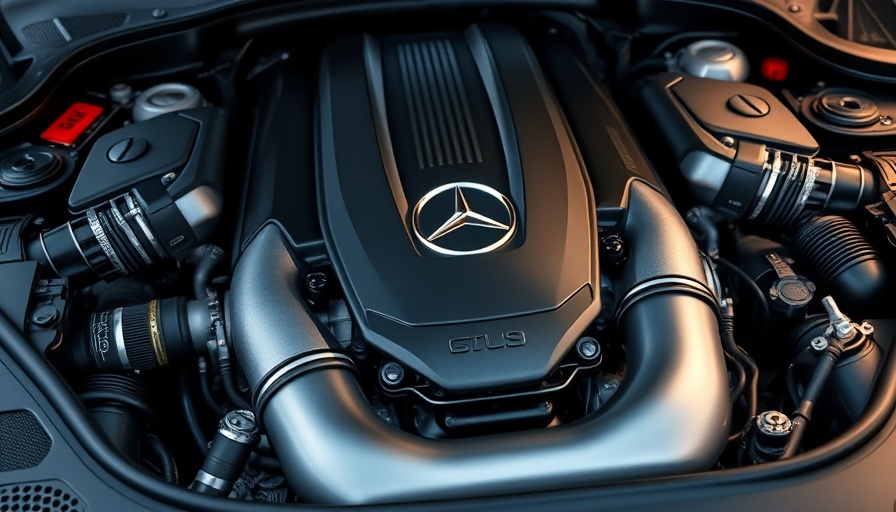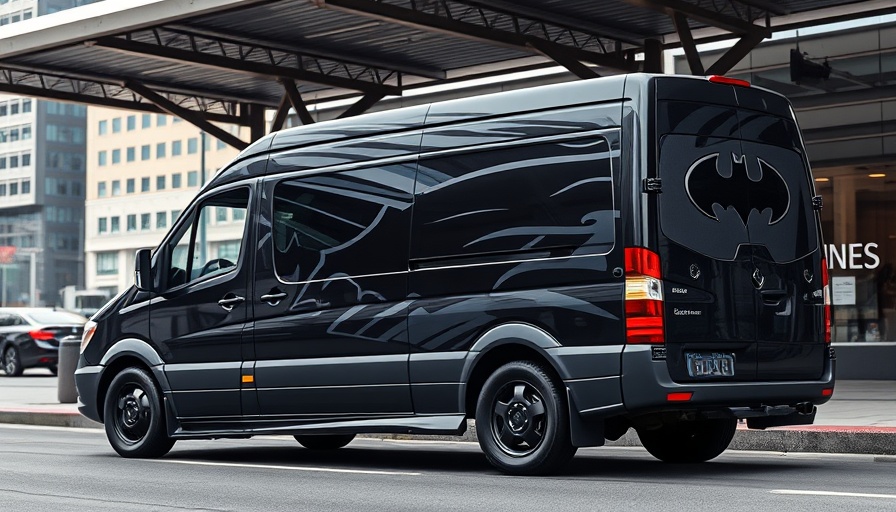
Mercedes Bids Farewell to T-Class and Citan: What This Means for Drivers
In a significant shift, Mercedes-Benz has announced its decision to drop the T-Class and Citan models from its lineup by Q2 2026. This decision indicates a strategic pivot as the luxury automaker aims to focus on market segments that promise profitability. The T-Class and Citan, known for their practicality and versatility, saw disappointing sales figures last year, particularly in key markets like China and North America.
Understanding the Driving Forces Behind the Decision
According to internal communications reported by German magazine Auto Motor und Sport, low sales numbers have pushed Mercedes to realign its focus away from small commercial vehicles. In Q1 2025, the company reported only 7,000 unit sales, signaling lackluster interest from consumers. Combined with the high price points and ongoing competition, particularly from Renault counterparts like the Kangoo, it's no surprise that Mercedes is reevaluating its approach.
The End of an Era with Renault Collaboration
The T-Class and Citan were the final fruits of Mercedes' collaboration with Renault, which began back in 2009. However, as both companies have recently ceased their partnership, the decision to stop the production of these models was more a matter of course than an unexpected turn of events. As Mercedes looks to innovate and create its own electric commercial vehicle platform, known as VAN.EA, these old models will be replaced by newer, more technologically advanced options.
Looking Ahead: What’s Next for Mercedes-Benz?
With the phase-out of the T-Class and Citan, Mercedes will continue to focus on the mid-size Vito and larger Sprinter models. The shift embraces a future where electric and efficient commercial solutions become the industry norm. This transition not only reflects a broader industry trend towards sustainable vehicles but also positions Mercedes favorably among competitors looking to capture a growing market segment.
Why This Matters to You
Whether you're a car enthusiast or a business owner relying on commercial vehicles, understanding these changes can help inform your future vehicle purchases. As Mercedes steers its portfolio towards more profitable vehicles, potential buyers might find that mid-size and larger vans become the lucrative options that fit both their business strategies and brands.
For anyone considering a T-Class or Citan, it's essential to recognize that these models will still receive support in terms of spare parts for up to 10 years post-production. This means that while production is ceasing, owners can expect continued service for years to come.
 Add Row
Add Row  Add
Add 




 Add Row
Add Row  Add
Add 

Write A Comment